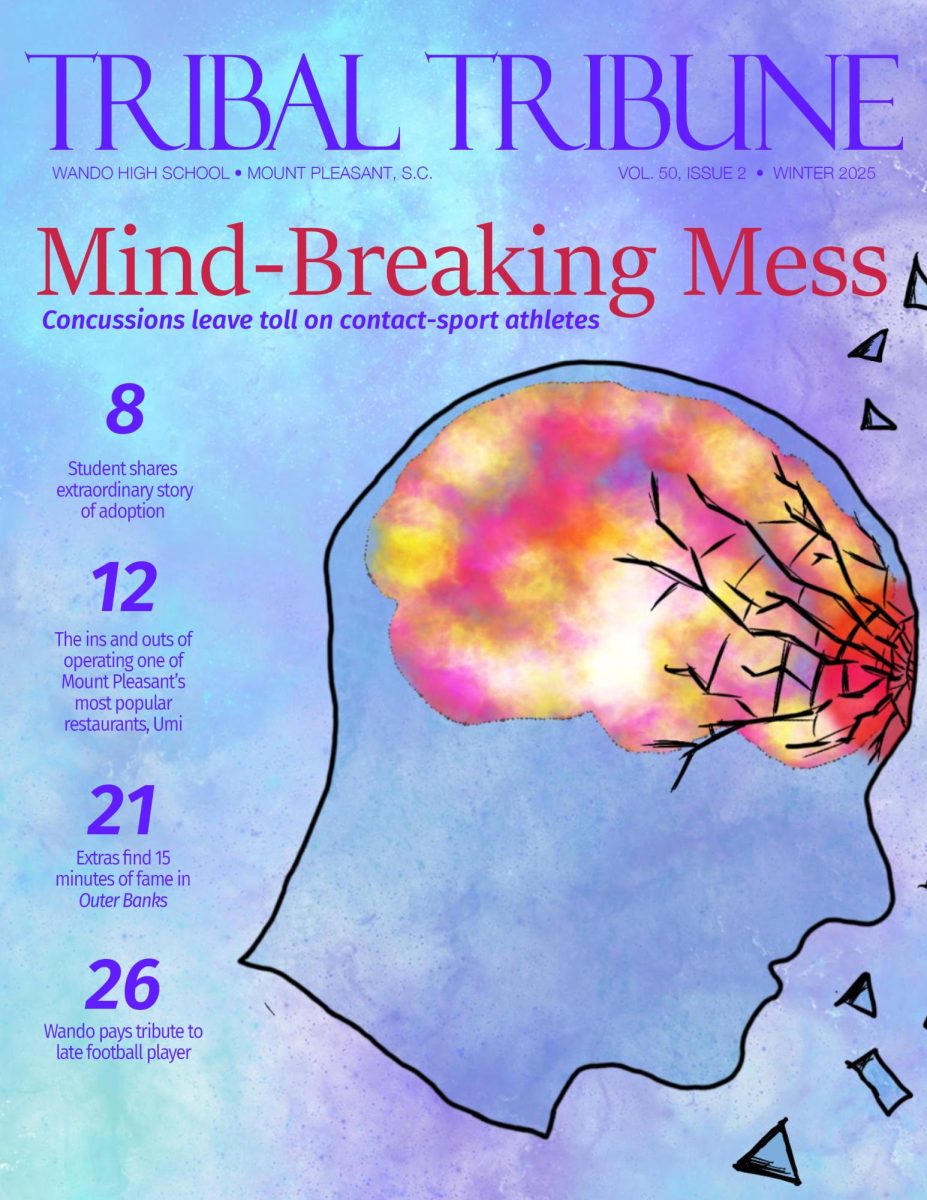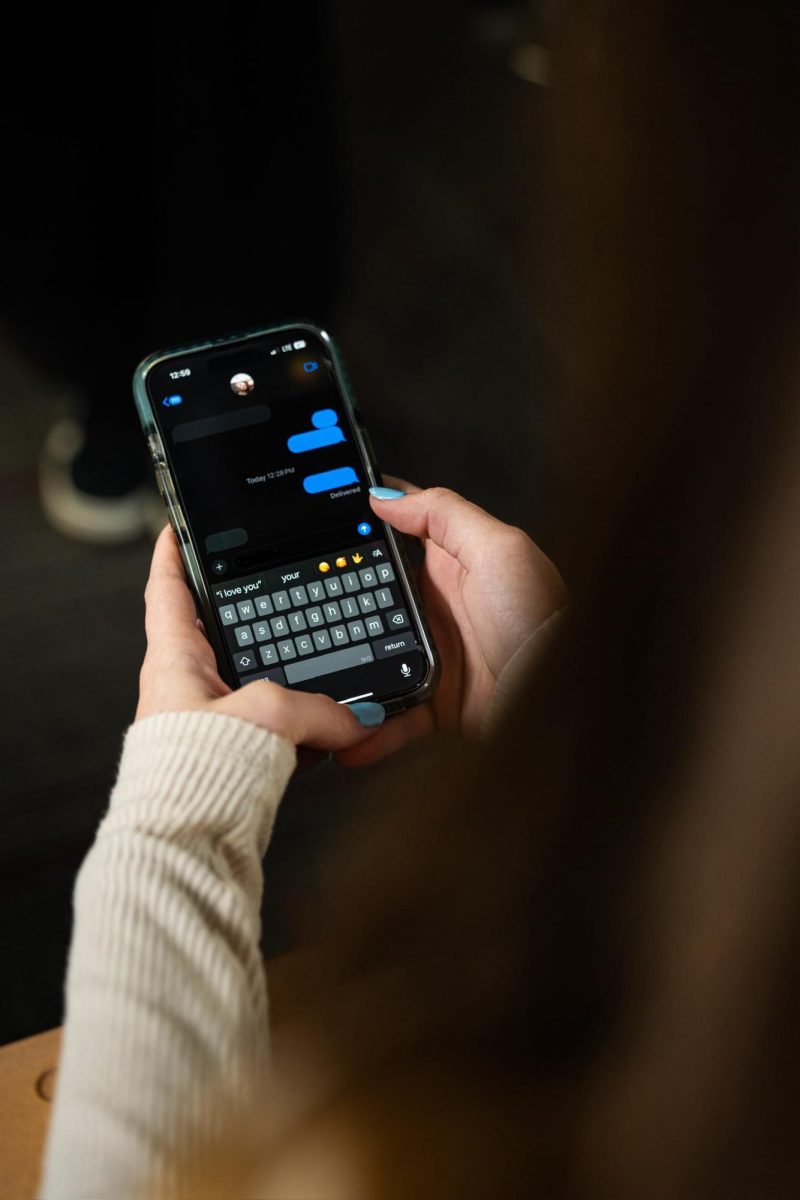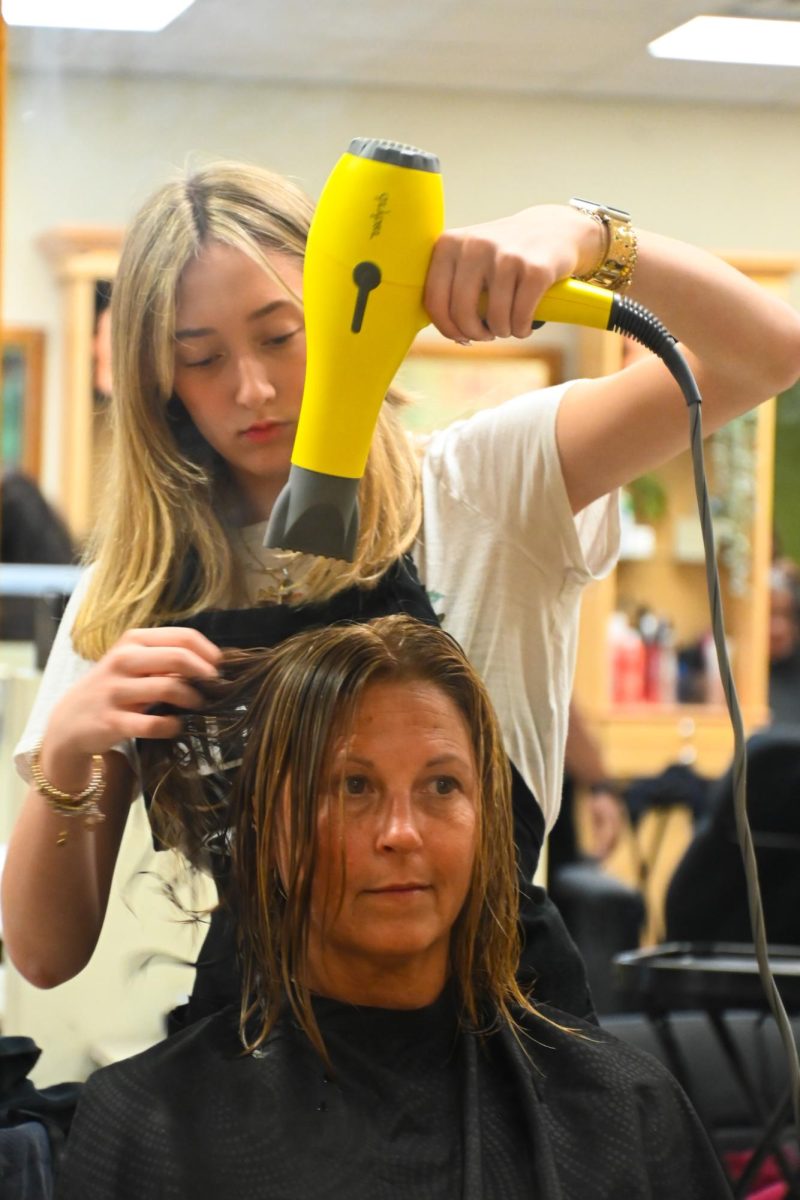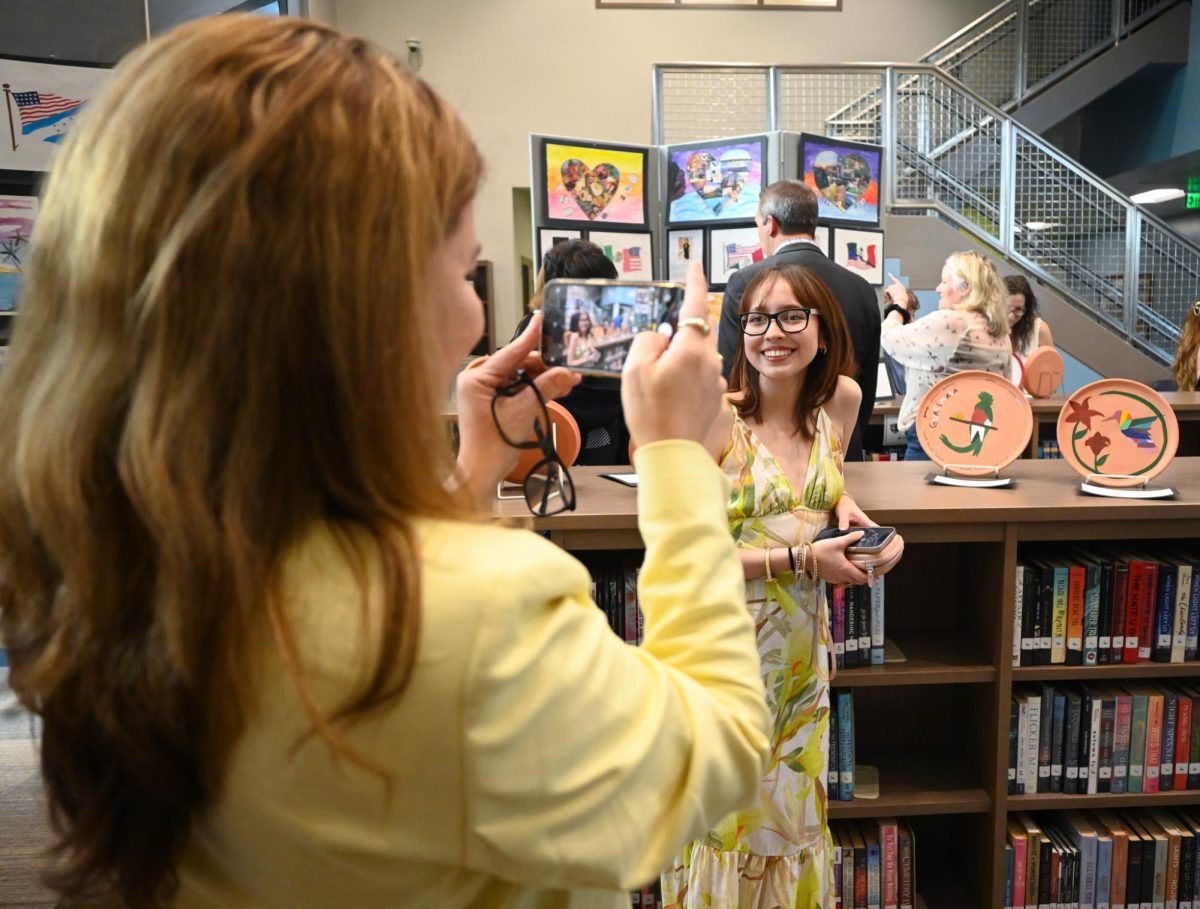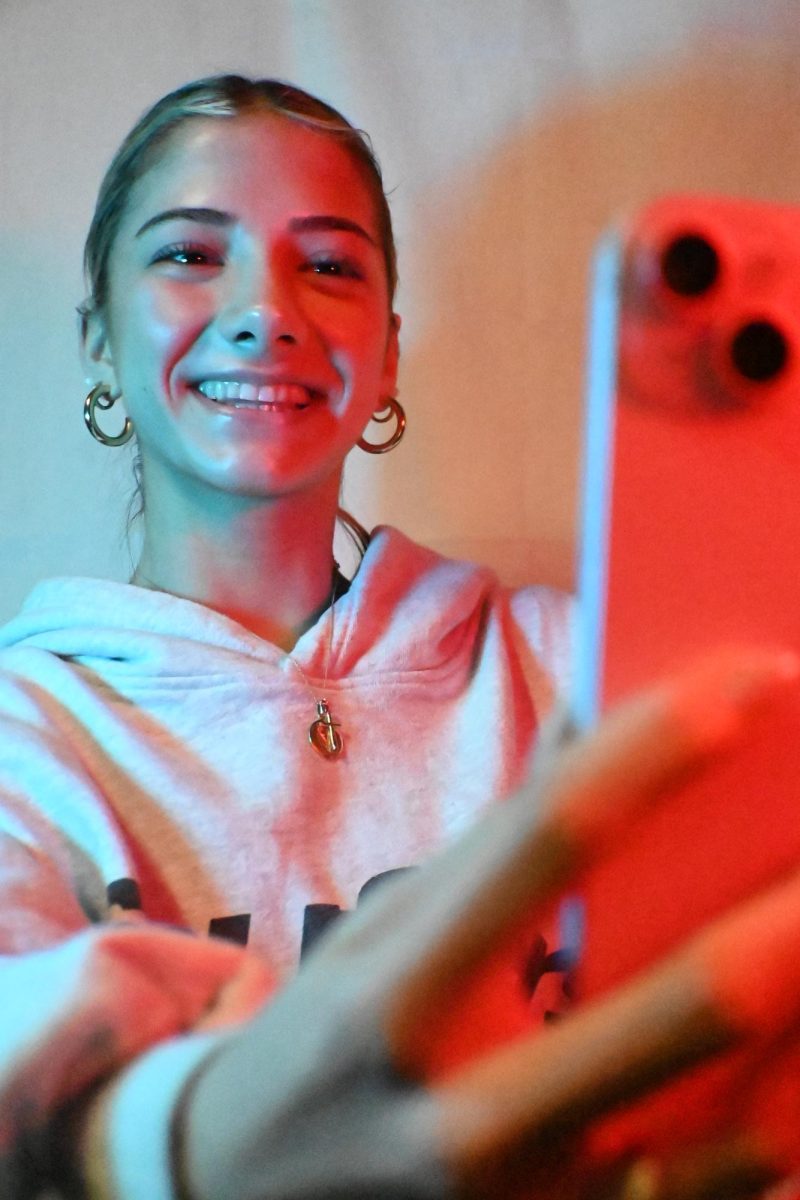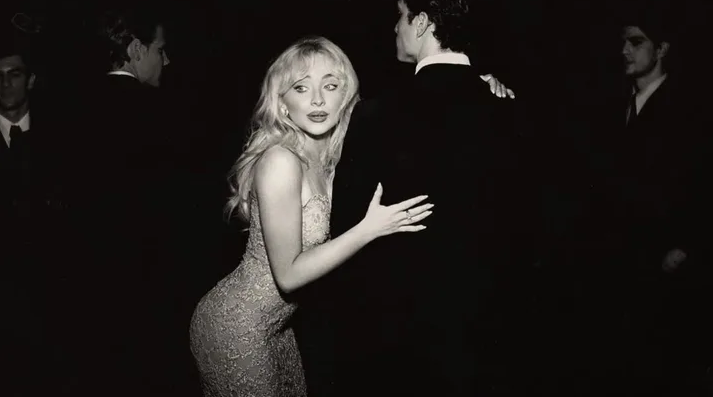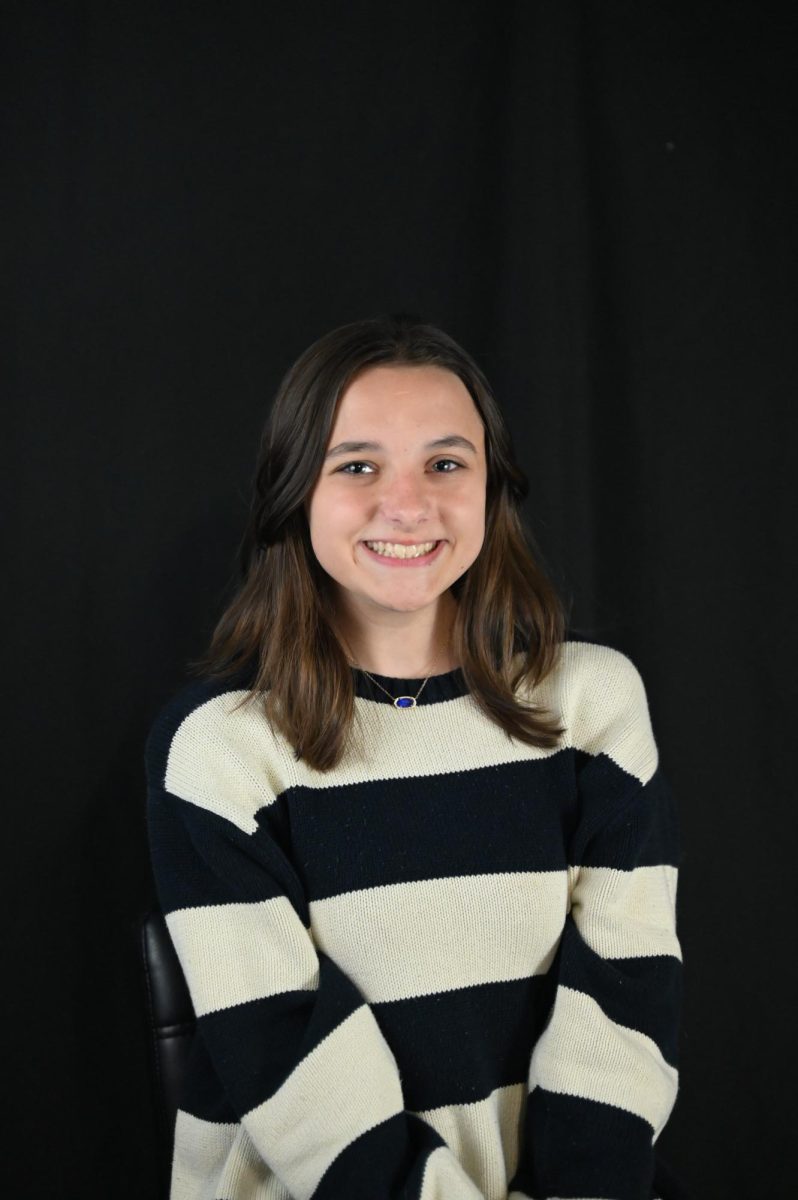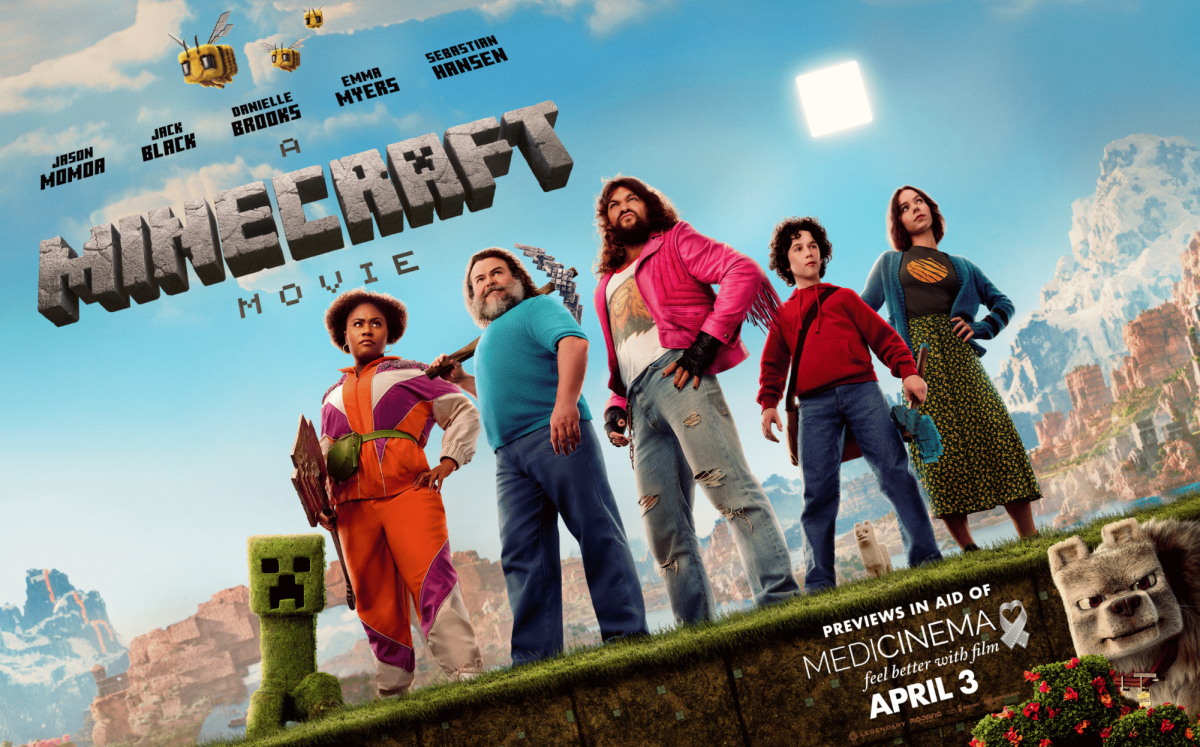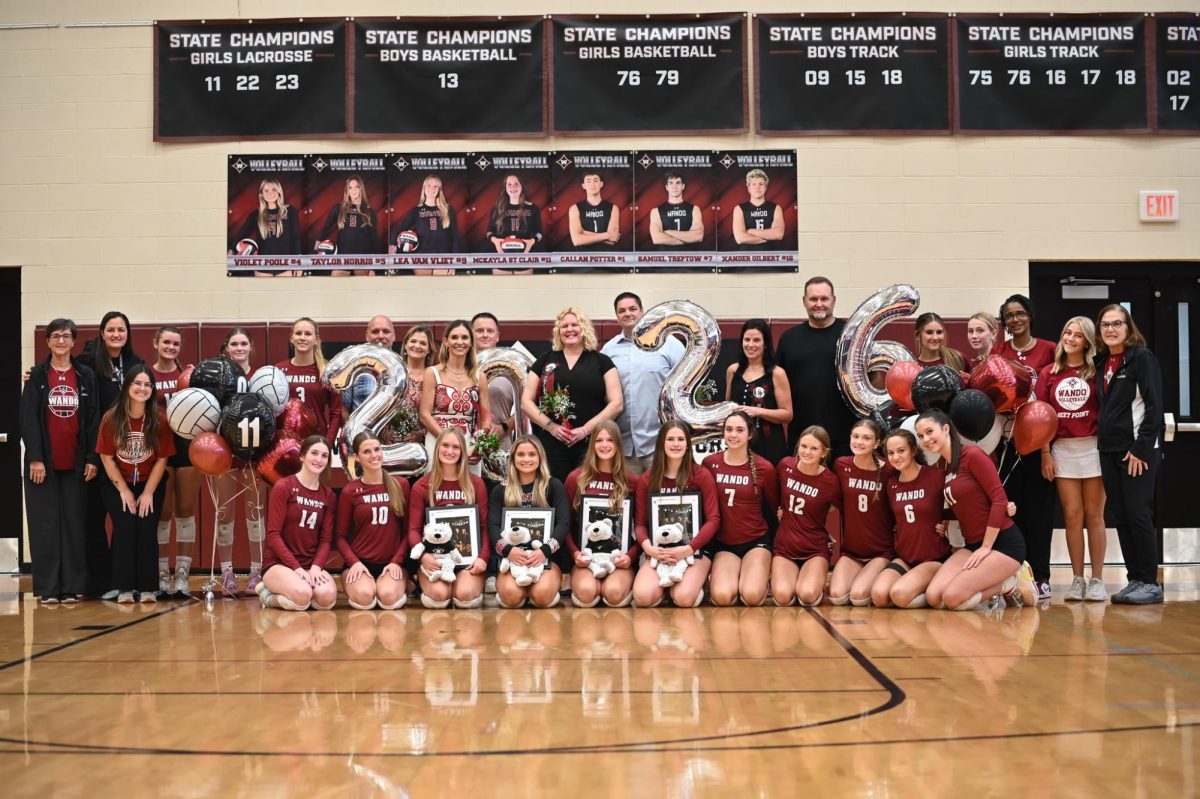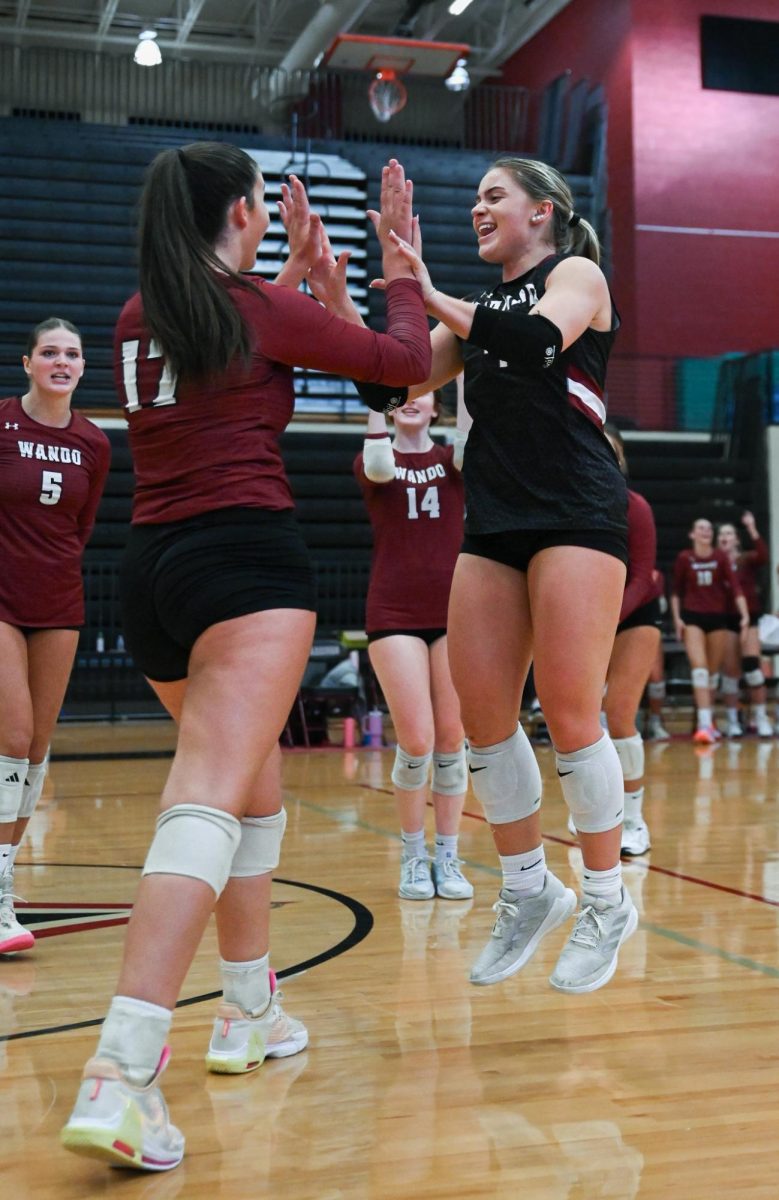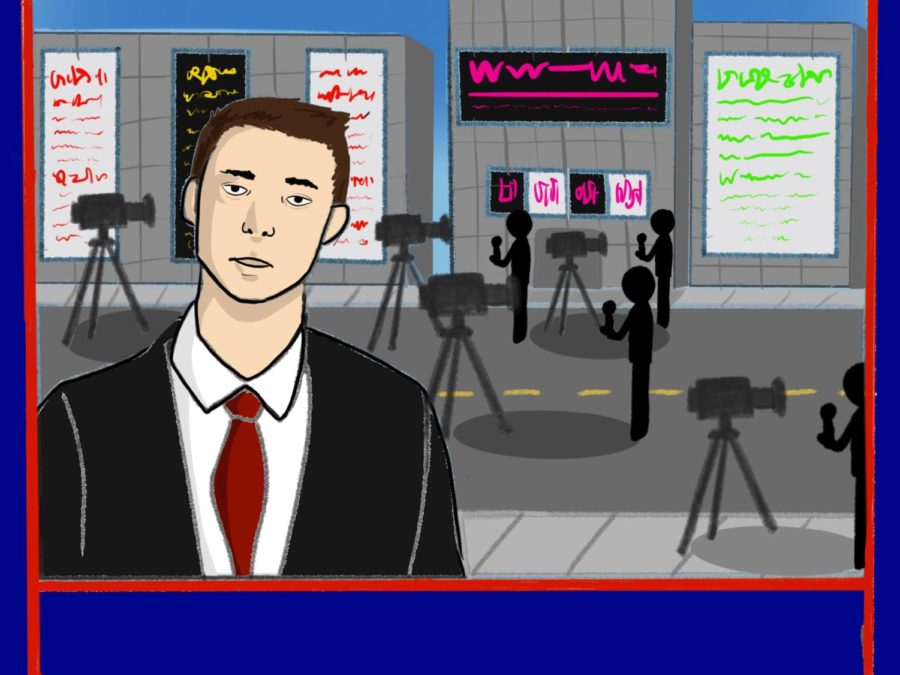Future of broadcast uncertain
Fabiano prepares students for changes to the industry
Waking up early to teach dozens of students skills that they will carry with them throughout their entire lives. Justin Fabiano hopes to imbue the next generation of students with lifelong skills. Skills that will help spread the news to everyone possible.
The media landscape has undergone significant changes in recent years, and as a result, media classes have had to adapt to keep up with the changing industry.
Fabiano, media tech teacher in the East Cooper Center for Advanced Studies, has had to change the way he’s been teaching for the past few years. With the rise of new technologies and a constant change in how media is consumed, Fabiano is required to adjust as it occurs.
“We’re not going to livestream, but we could record a ceremony or an event as if it was a live event. Where we hook up some cameras out there. We run the switcher out there, we make people up. And now all of a sudden, I can have a live production with a laptop,” Fabiano said. “That wouldn’t happen five years ago.”
On top of technological changes, the way certain projects are funded have changed as well. Mass media has gotten cheaper, making it easier to produce. Fabiano sees this as a great change, however he believes there are some drawbacks.
“The technology has gotten cheaper, and it’s made things easier to obtain and buy,” Fabiano said. “These shows are becoming more debate based instead of fact based for the simple part that it’s cheaper to produce.”
While the change in technological and economic aspects have rapidly changed the landscape of media consumption, the skill learned today will be applicable to jobs for decades to come.
“The skills are translatable to the film world as well, the digital marketing world, understanding how to shoot video sequences, like that doesn’t go away, whether you’re shooting a TV News Package, a commercial, film, or anything else,” Fabiano said.
Despite the fact that the skills taught are transferable to any job, Fabiano believes that most jobs his students could take the learned skills into haven’t even been thought of yet.
“That’s one of the things that we always say as teachers, whether it’s in the media or in any other field, the jobs that you’re training kids to have, like 60 percent of them, aren’t even invented yet.
When I started, there was no such thing as a social media manager, there was no such thing as a Snapchat producer, and right now those things exist,” Fabiano said.
Senior Luka Albarran plans on going to college for broadcast journalism. Much of what Fabiano teaches will be applicable to Albarran’s major, as well as any career path he takes.
“[Fabiano] is really good at making sure we know everything because he allows us so we take turns,” Albarran said, “So when you’re not anchoring, you’re either filming with a controlling teleprompter or recording.”
Swapping through jobs allowed for Albarran to become a more outgoing individual.
“I definitely learned how to interview people. I was a pretty shy individual. So it was hard for me at first,” Albarran said. “Then as I got into it, media tech helped me become more confident in myself.”
Albarran plans to use these skills for his future ventures. With his skills behind the scenes as well as recording he’s able to do whatever he needs to do for his broadcasting dreams.
“I learned a lot but there’s still a lot that I don’t know that I will likely be able to learn in college so there’s a lot of cool technology and USC has cool facilities with all that so it’s very exciting to learn,” Albarran said.
Being so well versed in the skills learned through the media tech courses allows Albarran to be able to do whatever he desires, however he has a favorite job to do.
“I do like the technology part, but I also do like reporting. So I would probably say reporting just because I did it pretty well. So I’m pretty comfortable now with being on camera, so being a reporter is something that I wouldn’t mind doing,” Albarran said.
Sophomore Chloe Smyth is taking Fabiano’s Media Tech 2 course. She wants to work in a news or film studio using skills she learned from the course.
“I like editing and being in the control room, doing stuff with that. But hopefully, I’d like to be some sort of production company being a producer,” Smyth said.
Smyth wants to be the person who works with the director to make the film come to life. By using the program, Premiere Pro, taught in Media Tech, she is able to cut down and edit short films created in the class.
Smyth believes that whatever she learns in these courses will be applicable for any job or career path she takes. However, she believes that over time the skill set may be changed because of technology.
“What I’m learning now will always, or for a while, at least be the basics and be what I need to know,” Smyth said. “But I think in the future, there’ll definitely be similarities, but a lot of it will be different.”



